Extra Challenge Numbers Worksheets for Ages 5-9
85 filtered results
-
From - To
Discover a fabulous collection of "Extra Challenge Numbers Worksheets for Ages 5-9" designed to make learning fun and engaging! These challenging worksheets offer a great way for kids to enhance their math skills by mastering numbers. Ideal for young learners, these exercises encourage critical thinking, problem-solving, and analytical skills. The varied activities include counting, number patterns, and simple calculations, providing just the right level of challenge to keep kids motivated and interested. Perfect for home or school use, these worksheets are a fantastic resource for parents and teachers seeking to inspire a love for math.
Join us today to help your child excel!
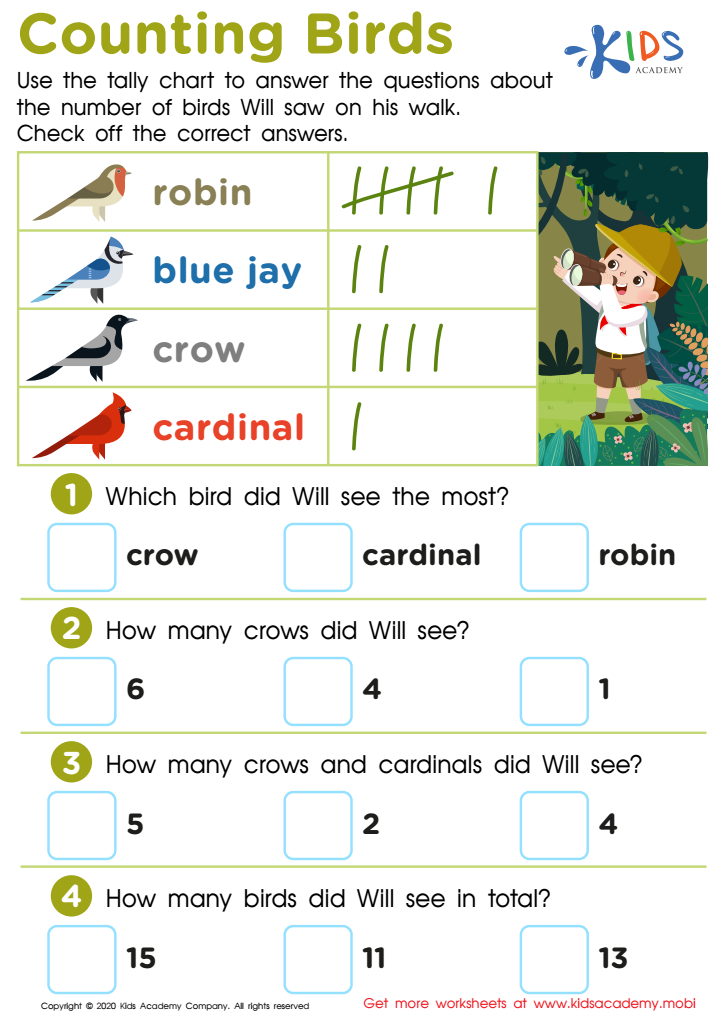

Counting Birds Worksheet
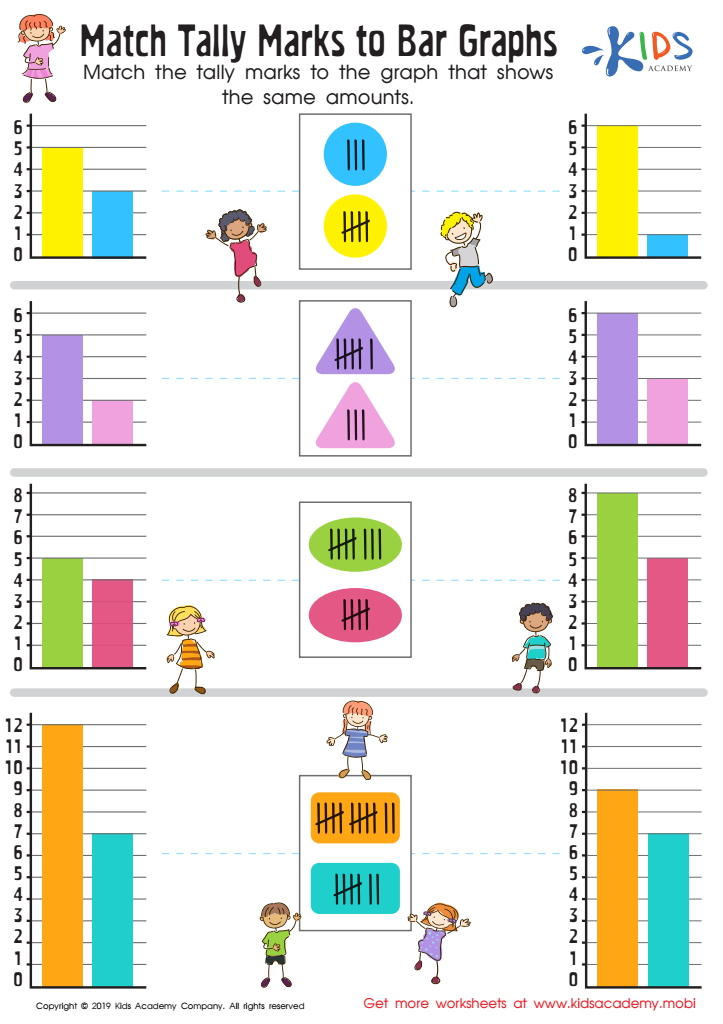

Match Tally Marks to Bar Graphs Worksheet
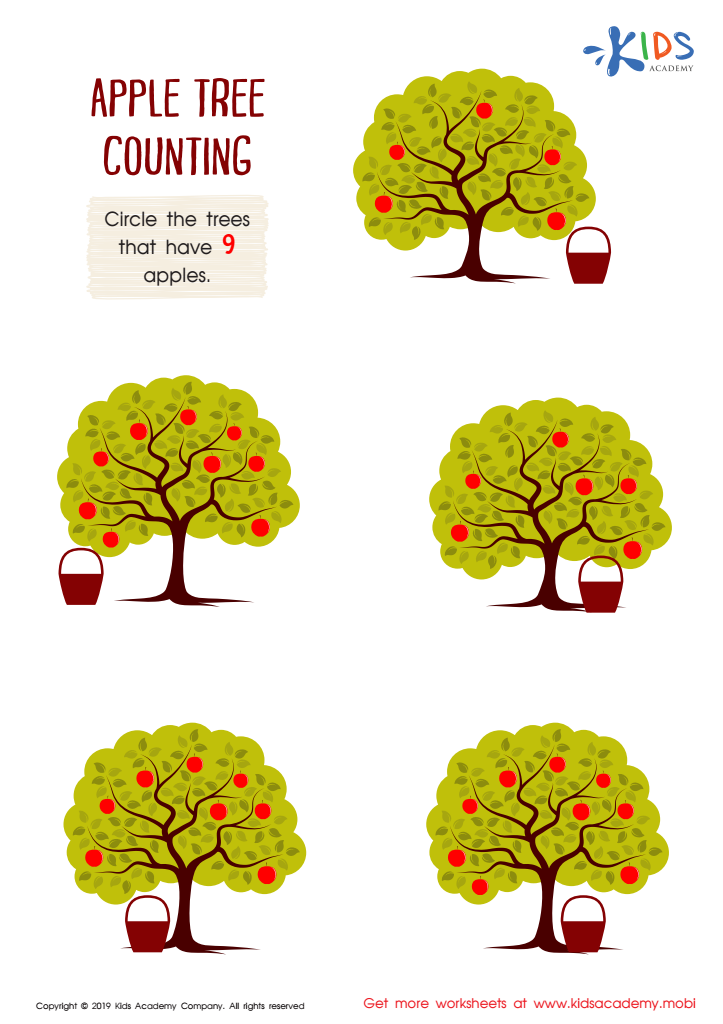

Apple Tree Counting Worksheet
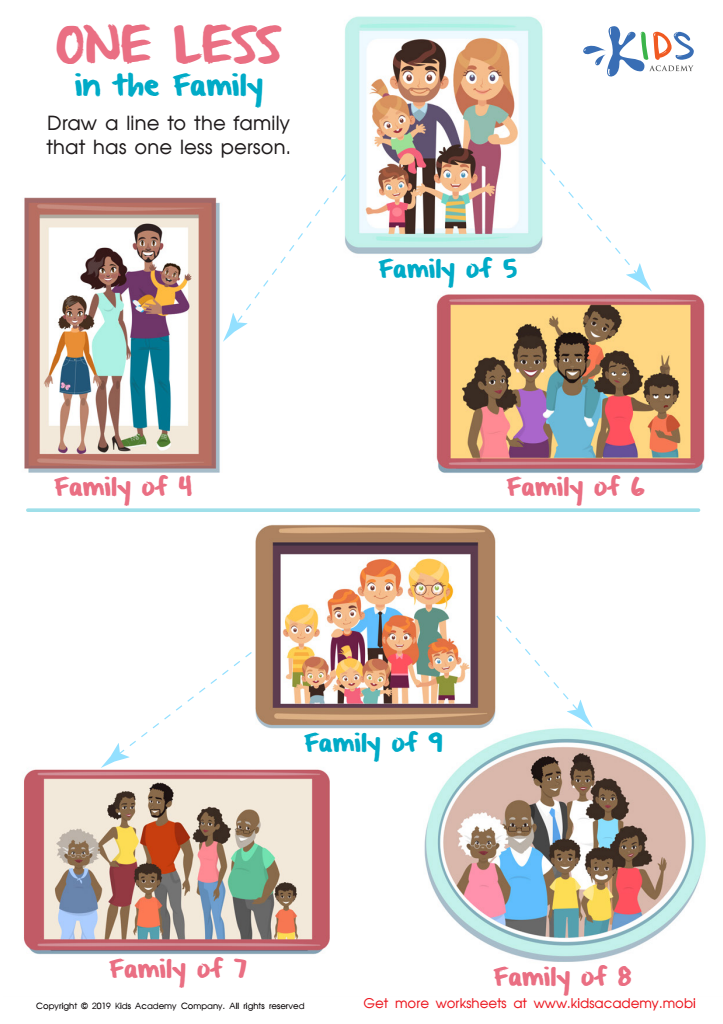

One Less in the Family Worksheet
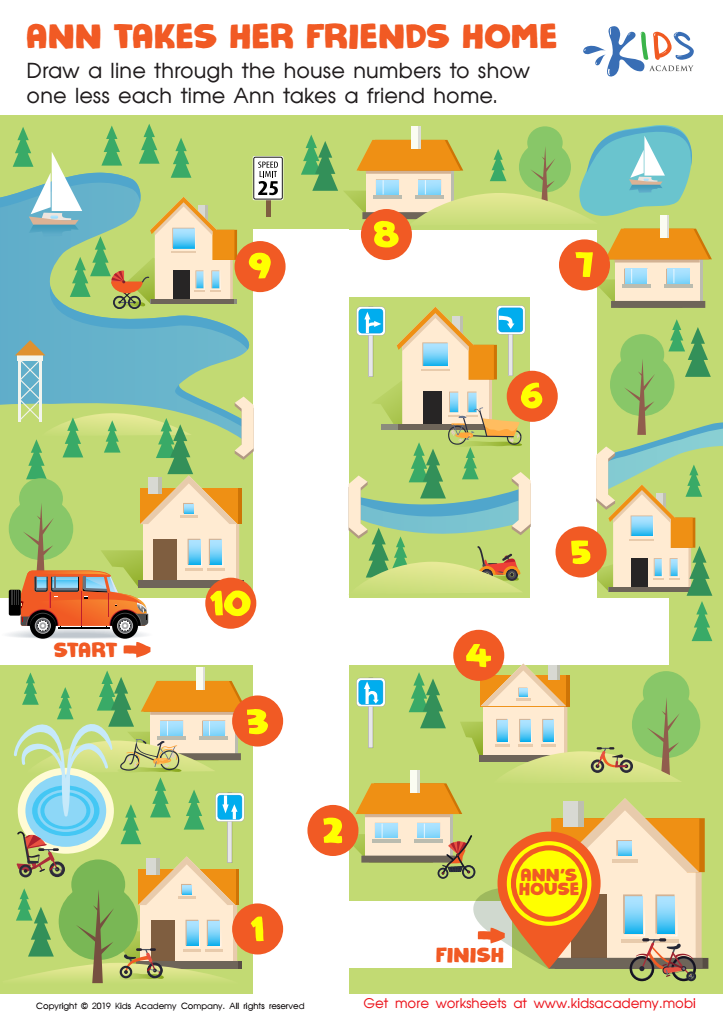

Ann Takes her Friends Home Worksheet
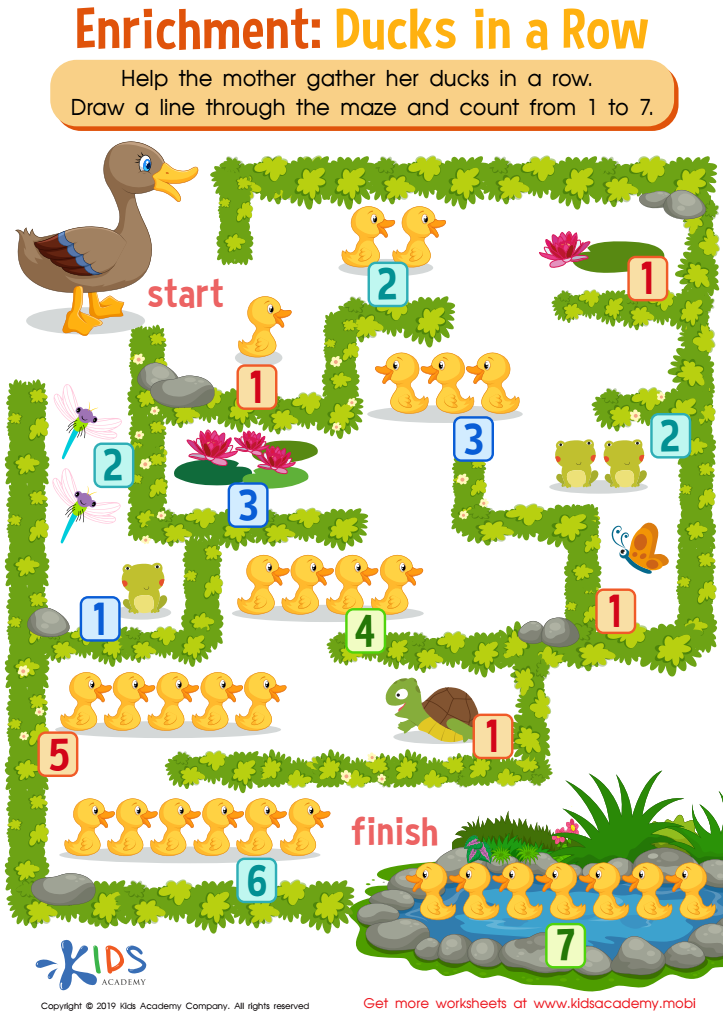

Ducks in a Row Worksheet
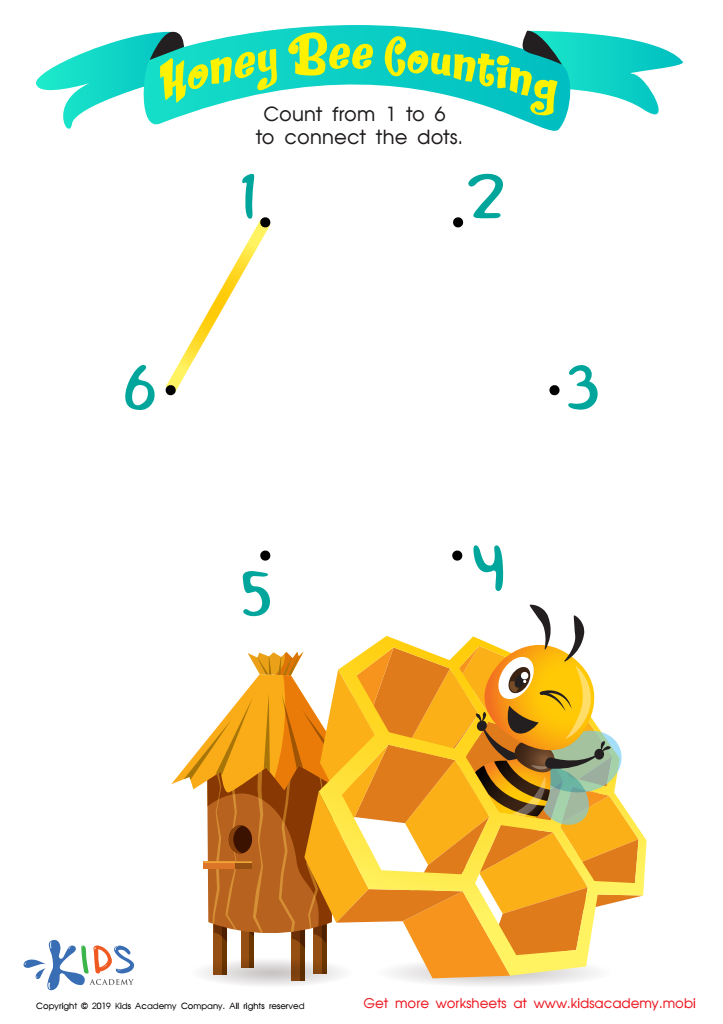

Honey Bee Counting Worksheet
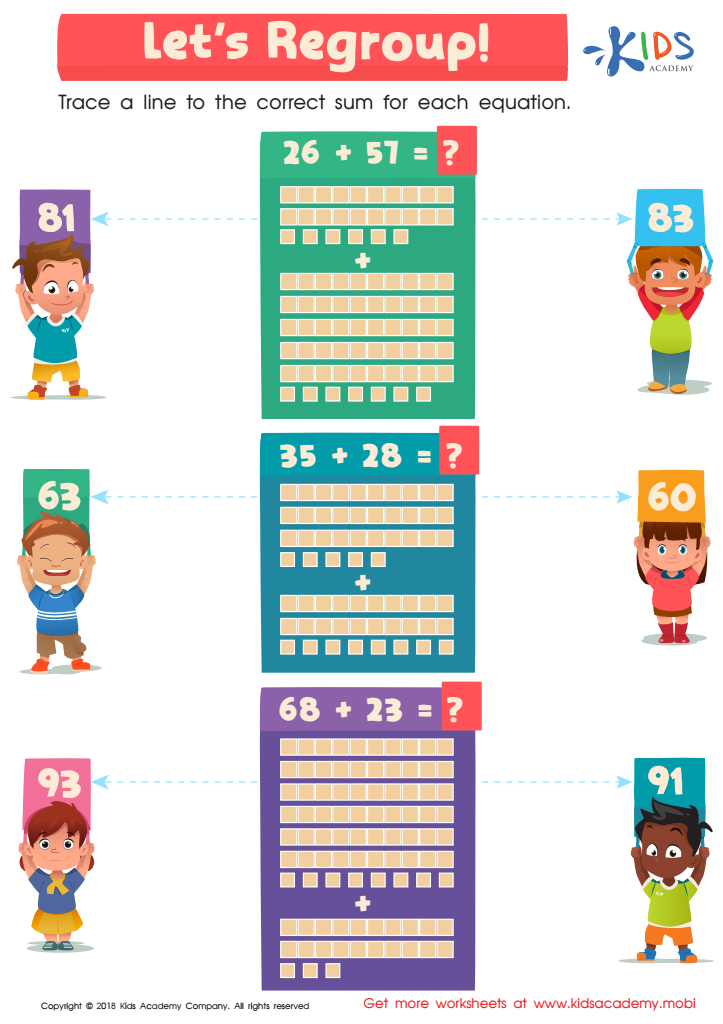

Let's Regroup Worksheet
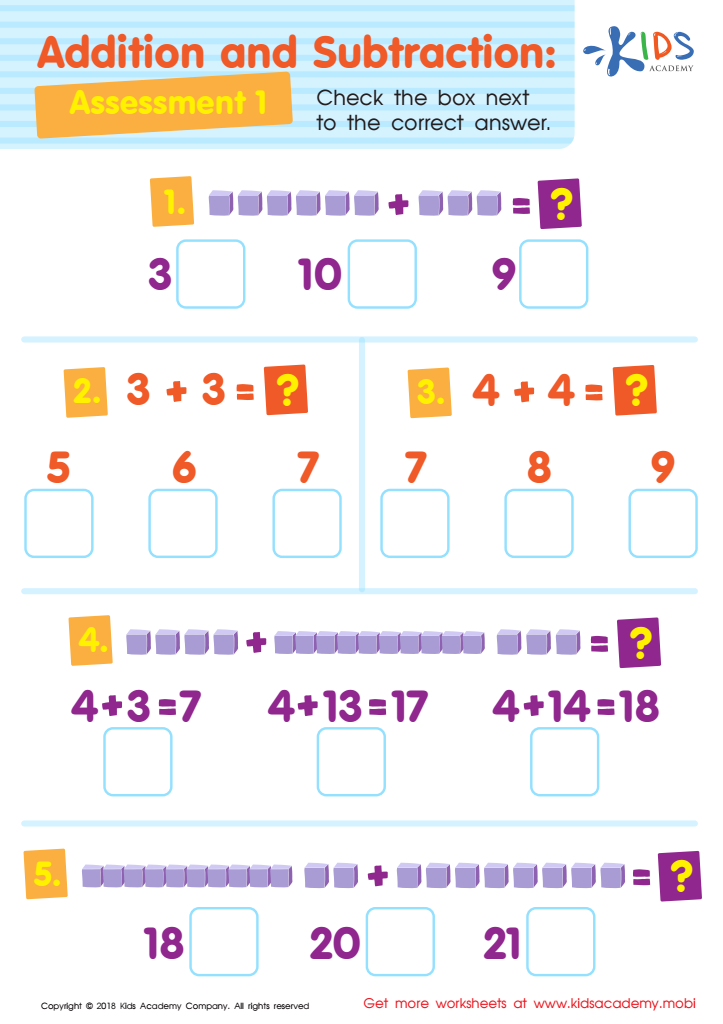

Addition and Subtraction Assessment 1 Worksheet
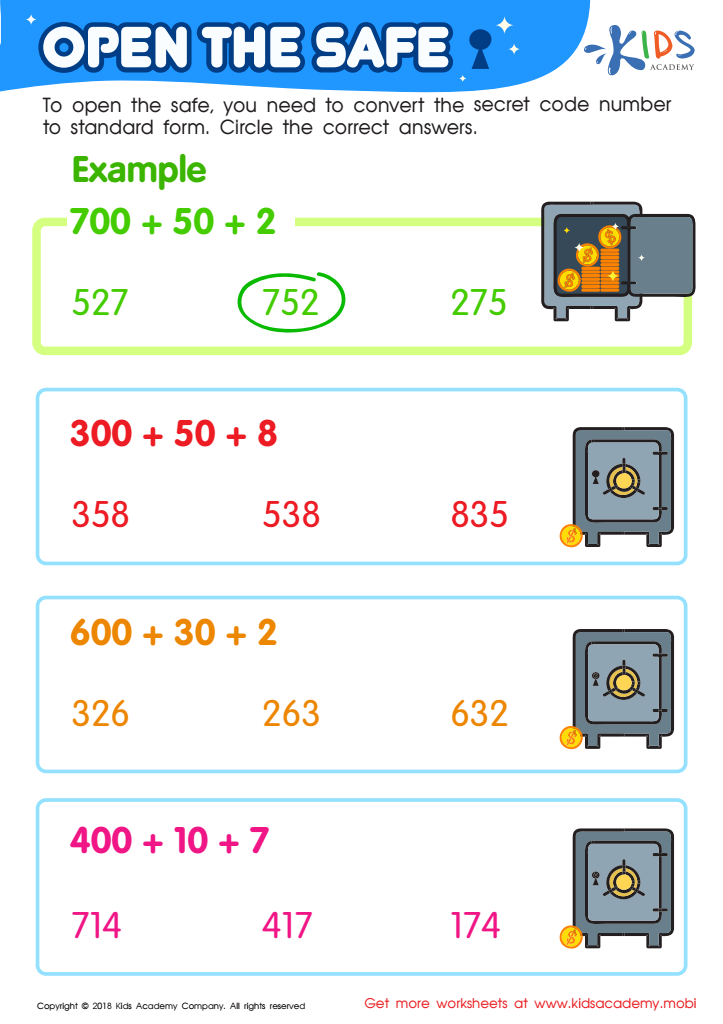

Open the Safe Worksheet
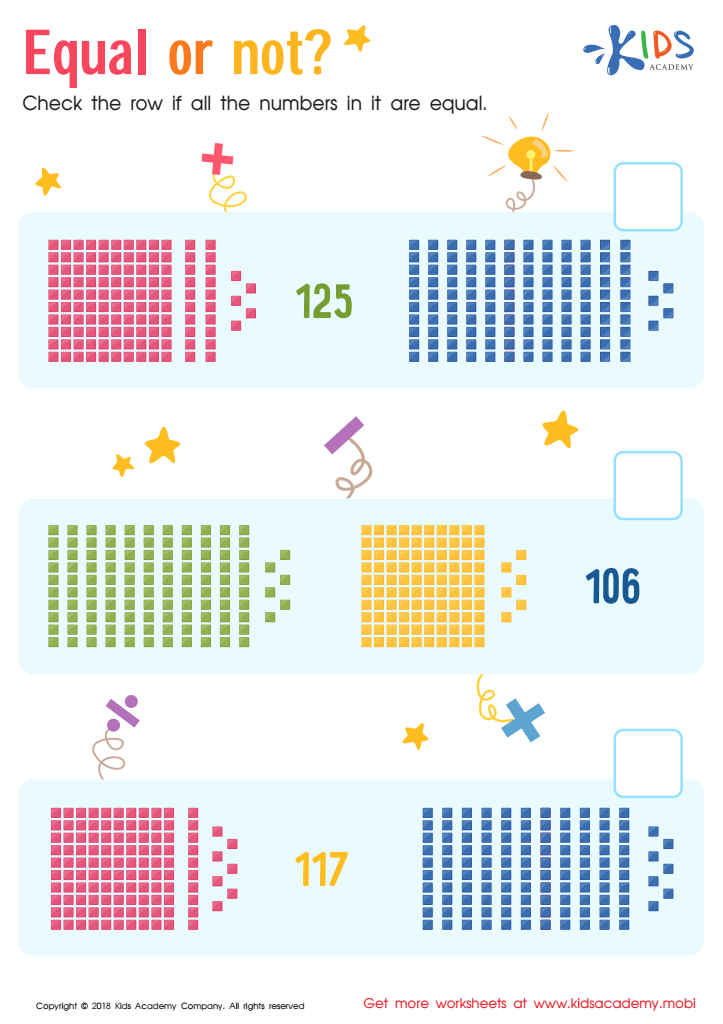

Equal or not Worksheet
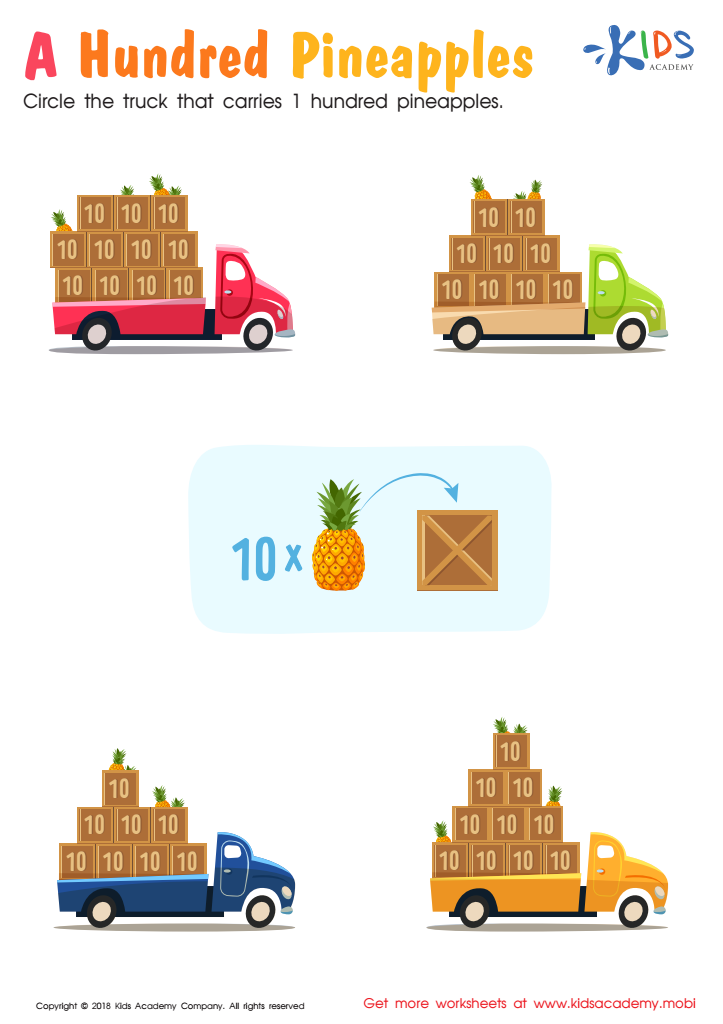

A Hundred Pineapples Worksheet
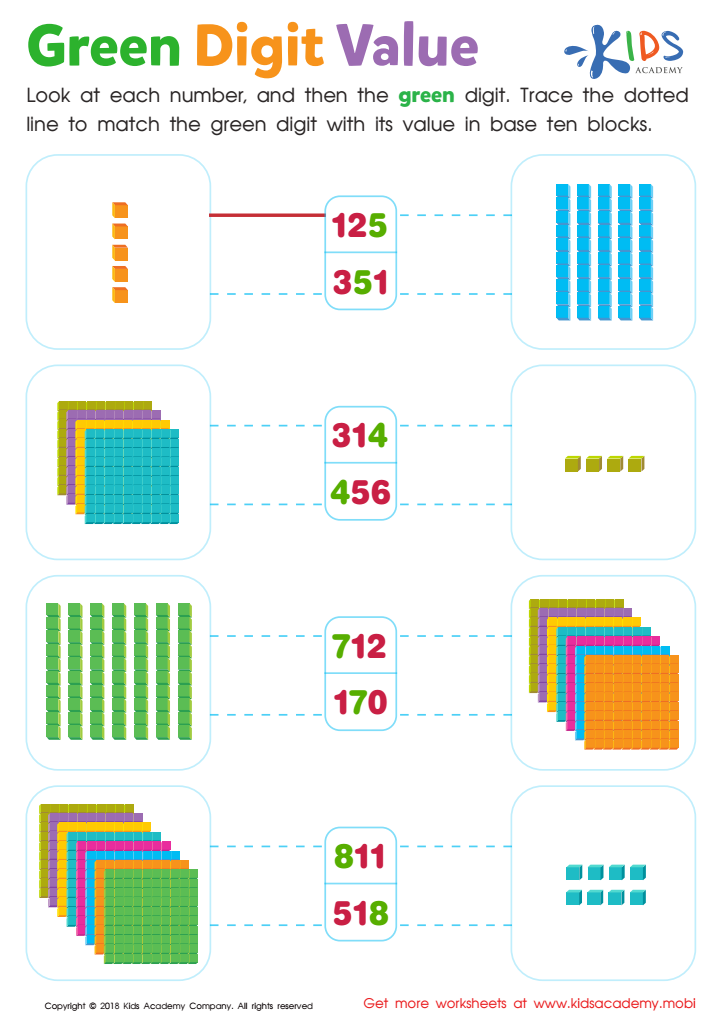

Green Digit Value Worksheet
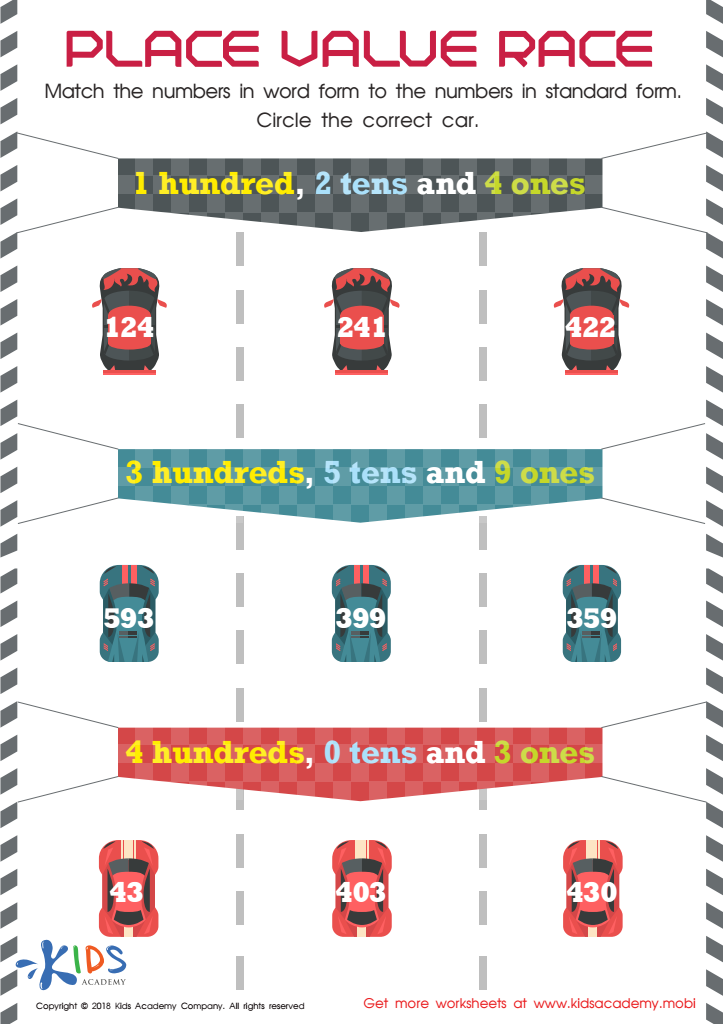

Place Value Race Worksheet
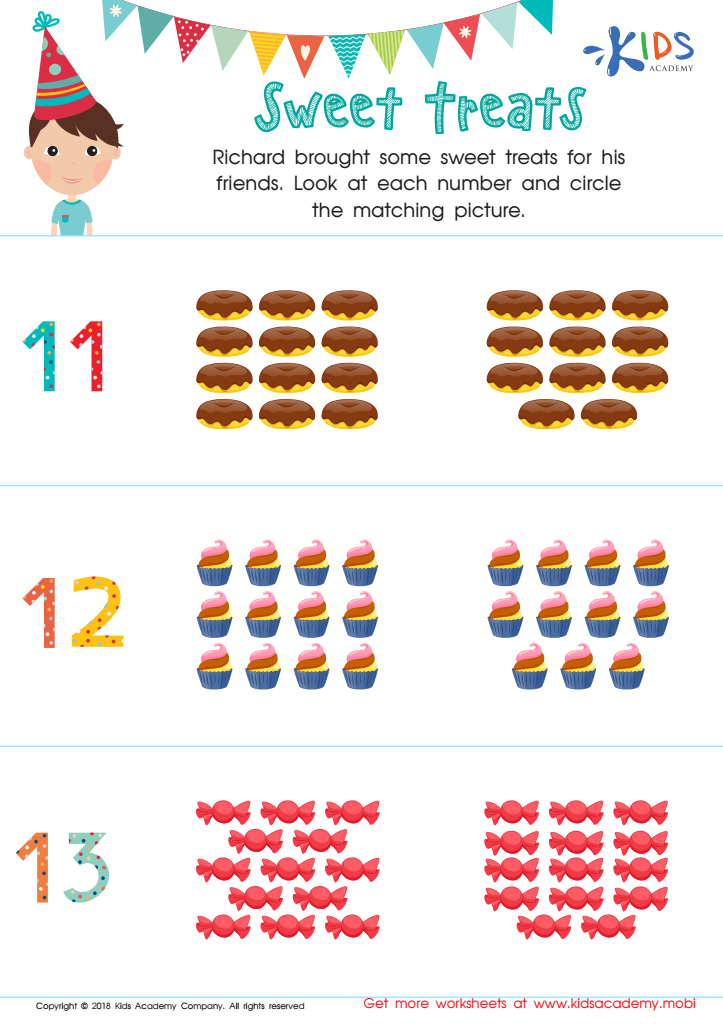

Kindergarten Math Worksheet Matching Numbers
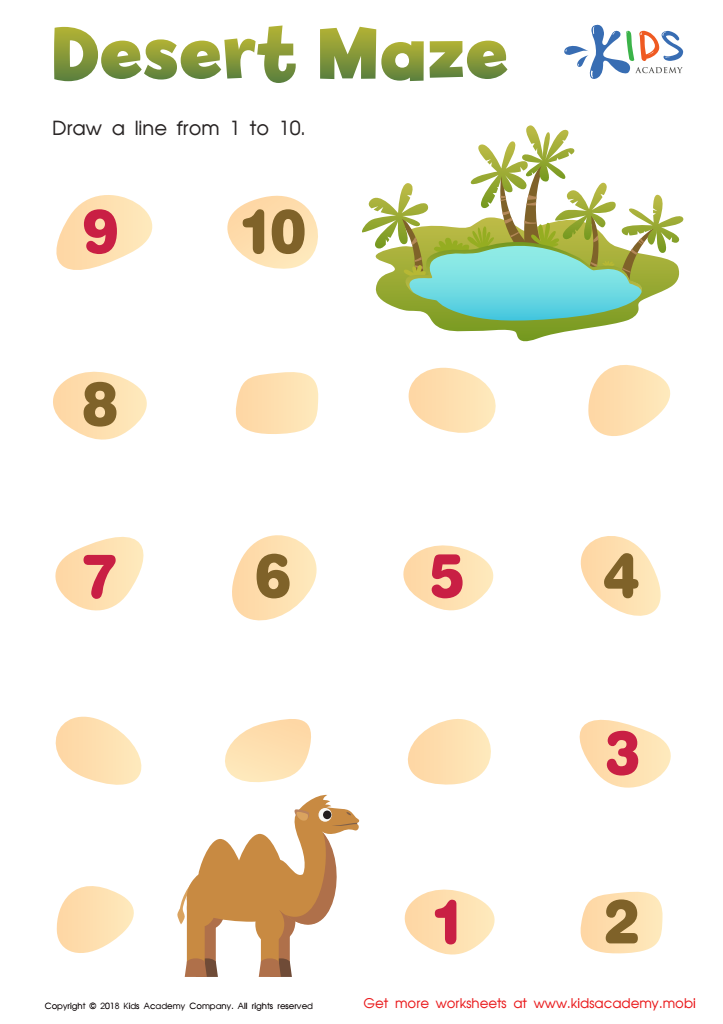

Desert Maze Worksheet
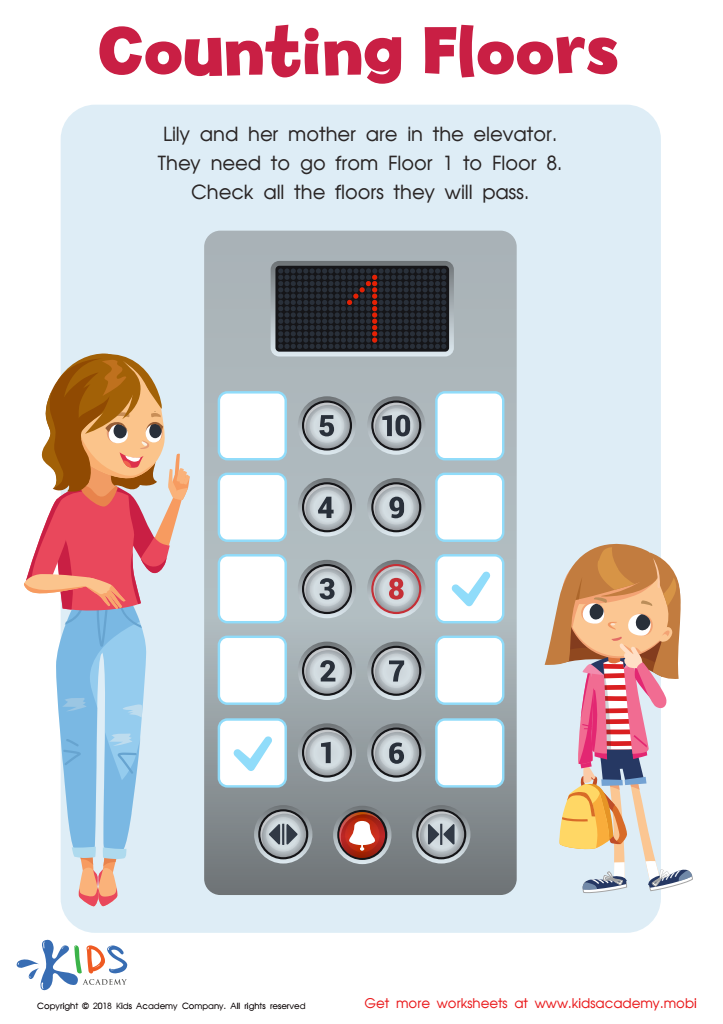

Counting Floors Worksheet
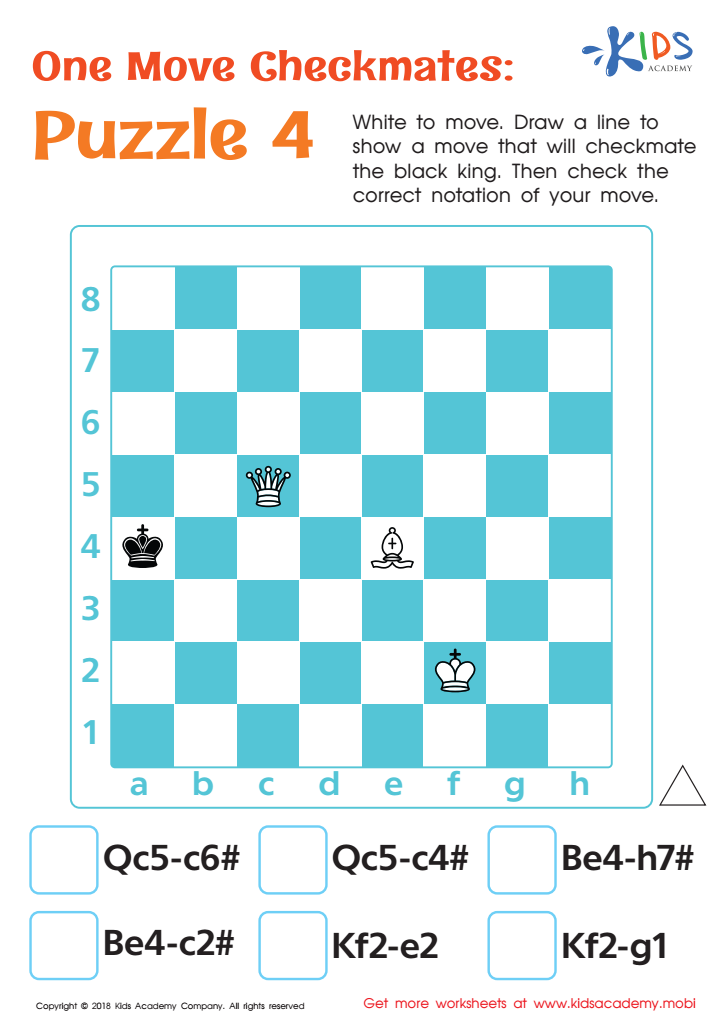

One Move Checkmates: Puzzle 4 Worksheet
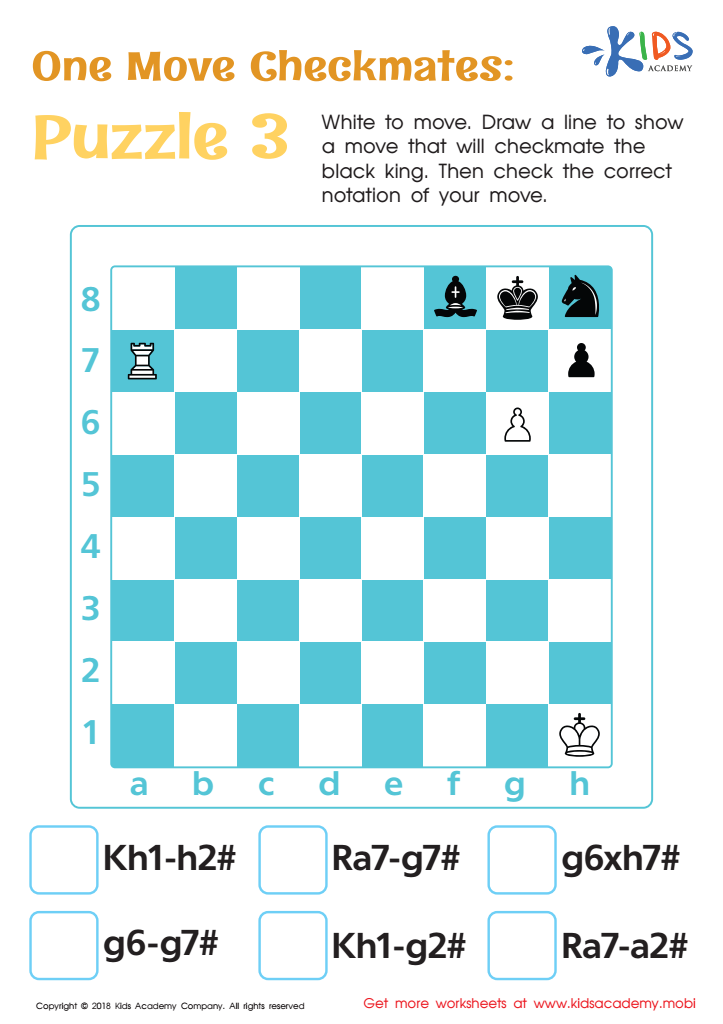

One Move Checkmates: Puzzle 3 Worksheet
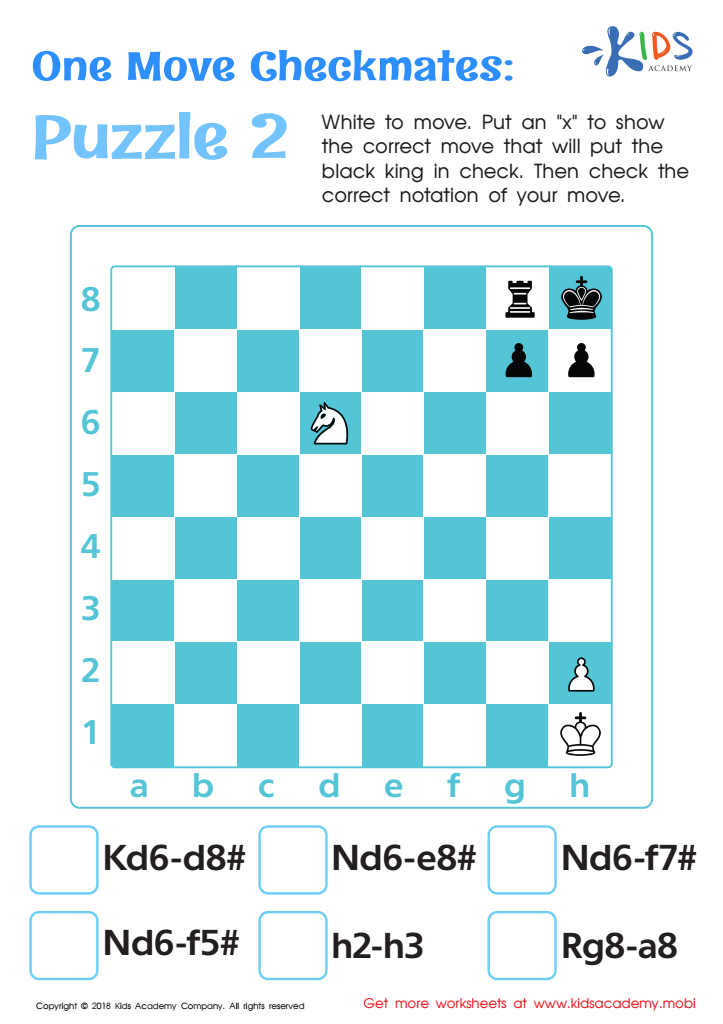

One Move Checkmates: Puzzle 2 Worksheet
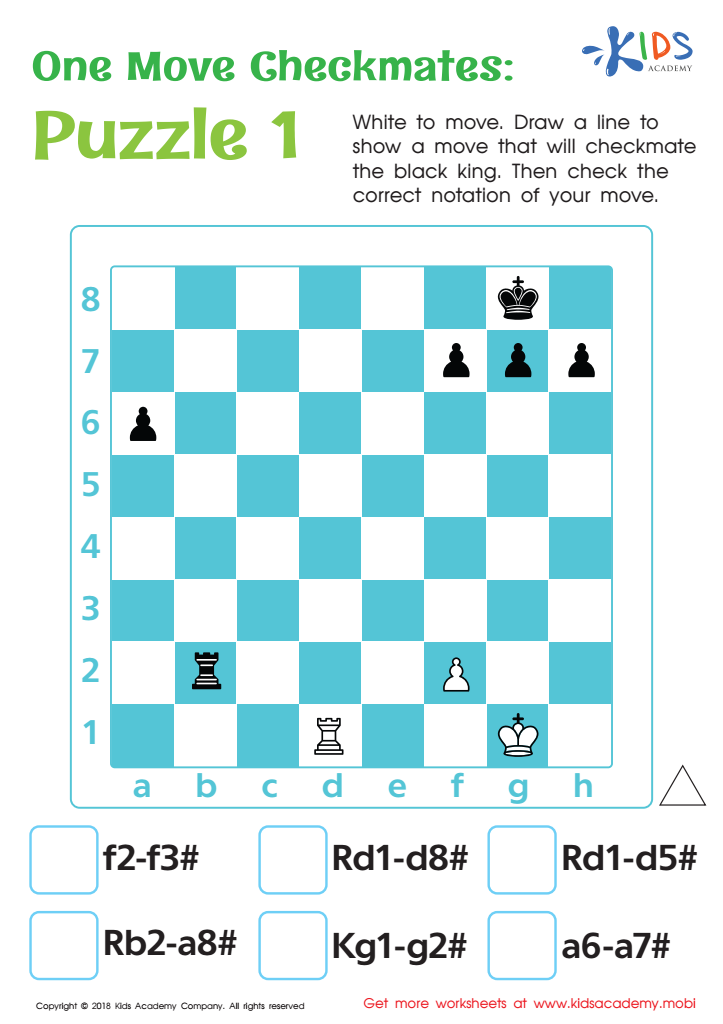

One Move Checkmates: Puzzle 1 Worksheet
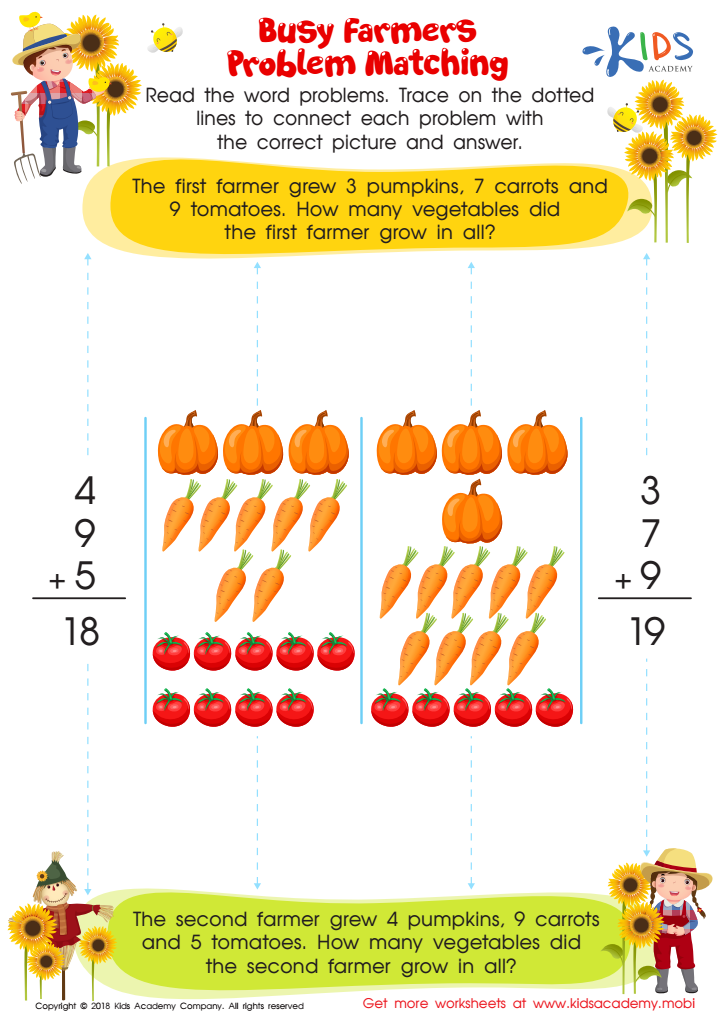

Busy Farmers: Problem Matching Worksheet
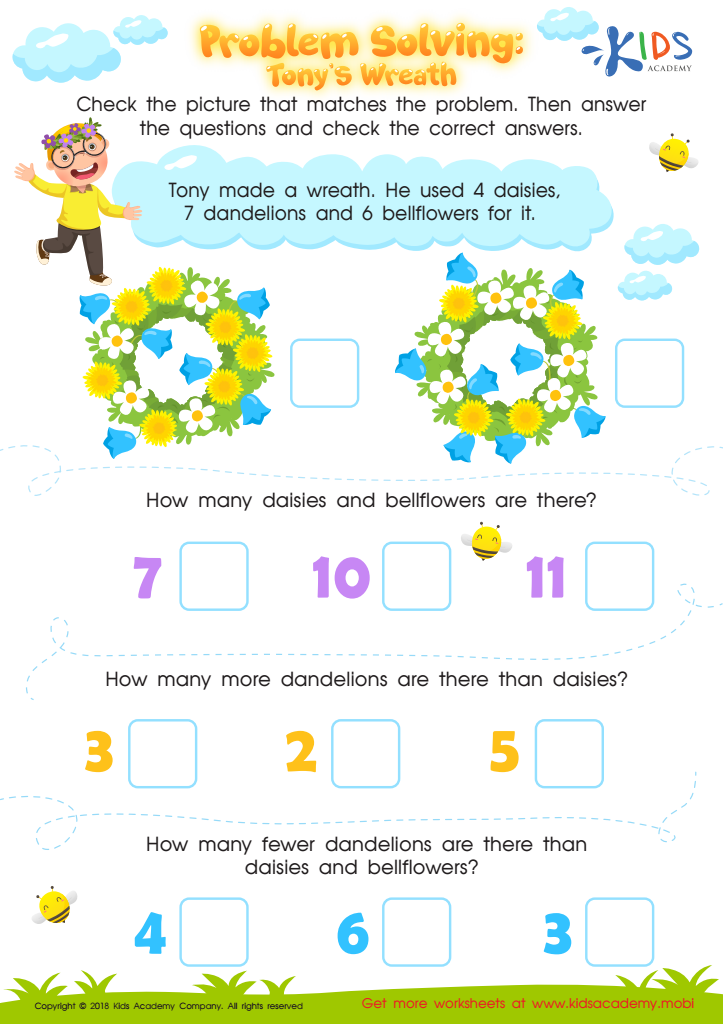

Problem Solving: Tony's Wreath Worksheet
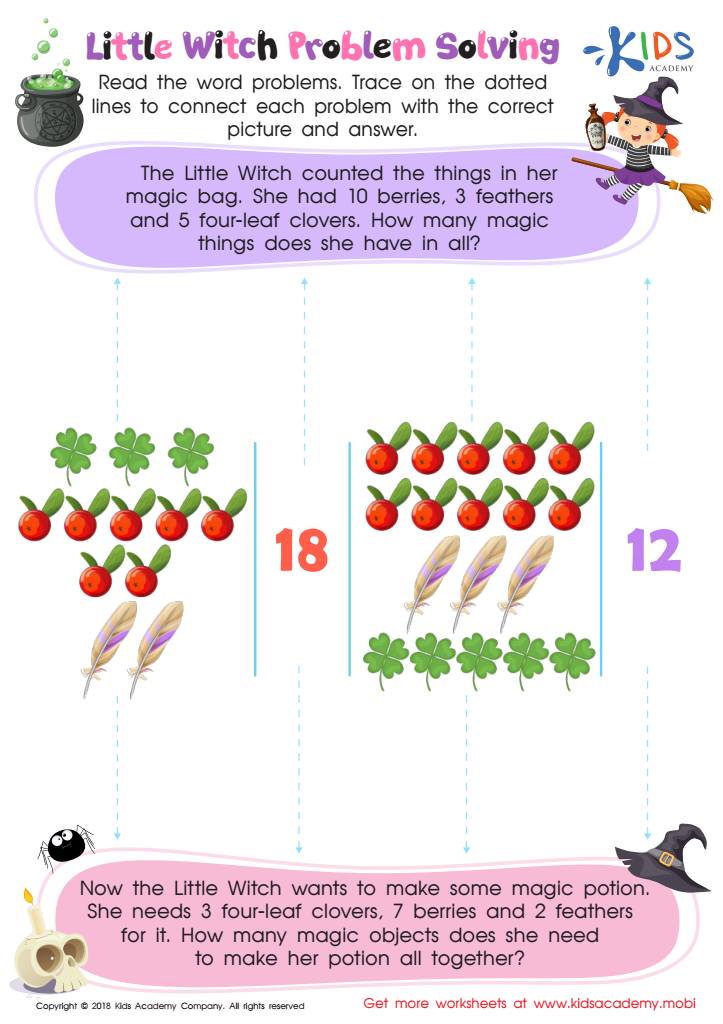

Little Witch Problem Solving Worksheet
Extra Challenge Numbers are critical for children aged 5-9 because they provide essential pathways for developing mathematical thinking and problem-solving skills. In this age range, kids are forming foundational concepts that will shape their future understanding of math. Extra Challenging Numbers push them beyond basic memorization by encouraging analytical thinking and creativity.
When parents and teachers integrate these challenges into learning routines, children learn to tackle problems from different angles and discover multiple solutions, promoting flexibility in thinking. This can deepen their understanding of fundamental arithmetic operations and number sense, and establish strong cognitive abilities that apply across subjects.
Moreover, facing and overcoming harder math problems fosters resilience and positive attitudes towards challenges. Early exposure to this type of problem-solving helps them build confidence and reduces anxiety about math as they advance through their education. Engaged, resilient learners who enjoy challenges often carry these attitudes with them, contributing to higher academic achievement and better coping strategies in general.
In addition, these math challenges can engage parents and teachers as active participants in the learning process, creating opportunities for positive interaction and support. This collaborative environment benefits children’s educational experiences, turning learning into a shared and enjoyable adventure rather than a solitary task.
 Assign to My Students
Assign to My Students





















